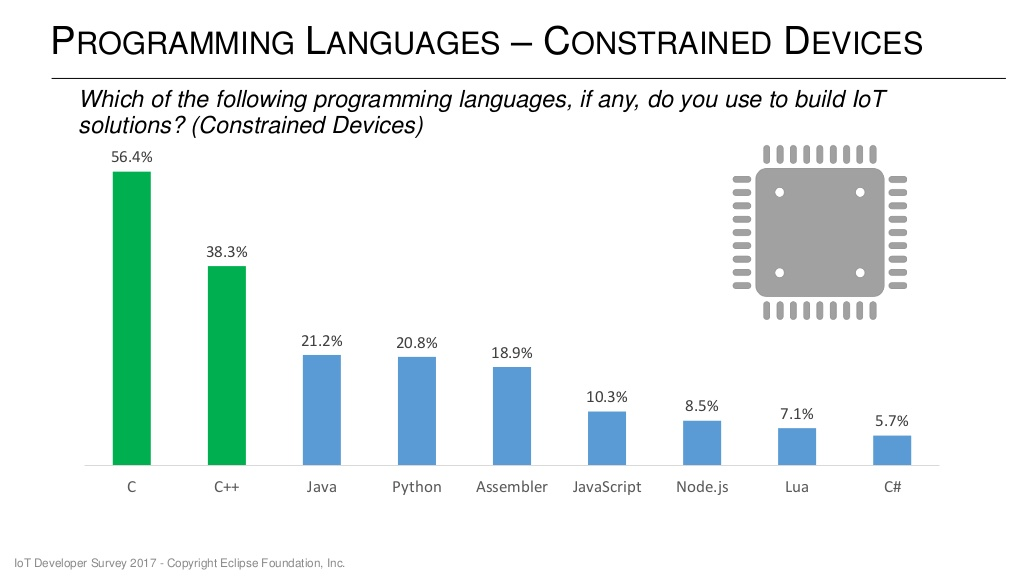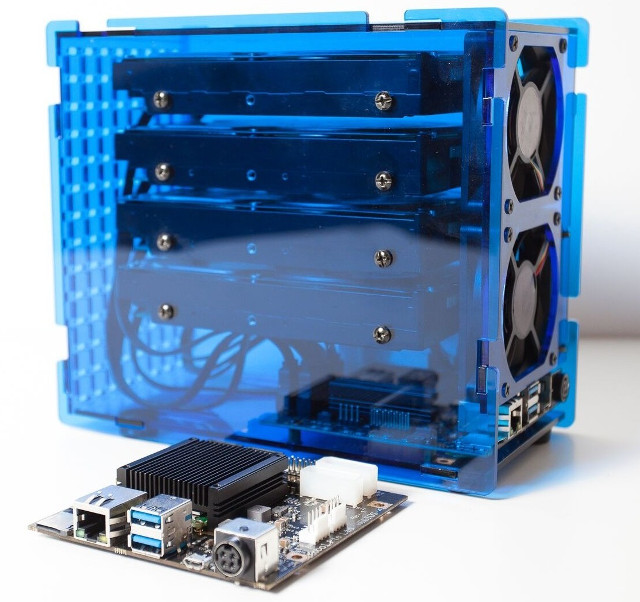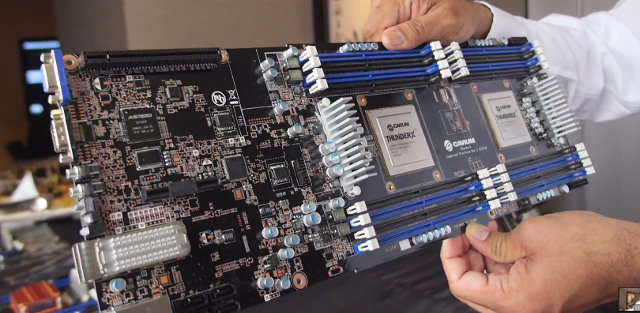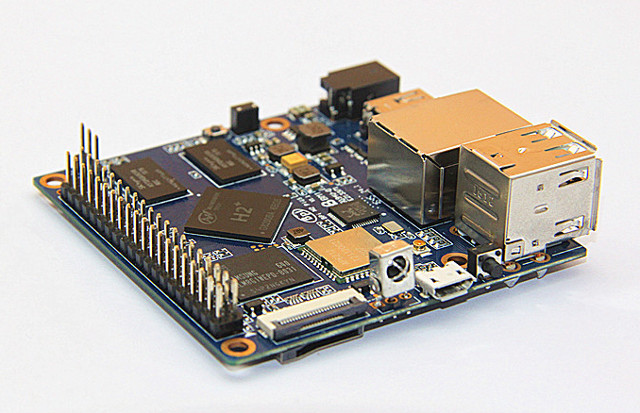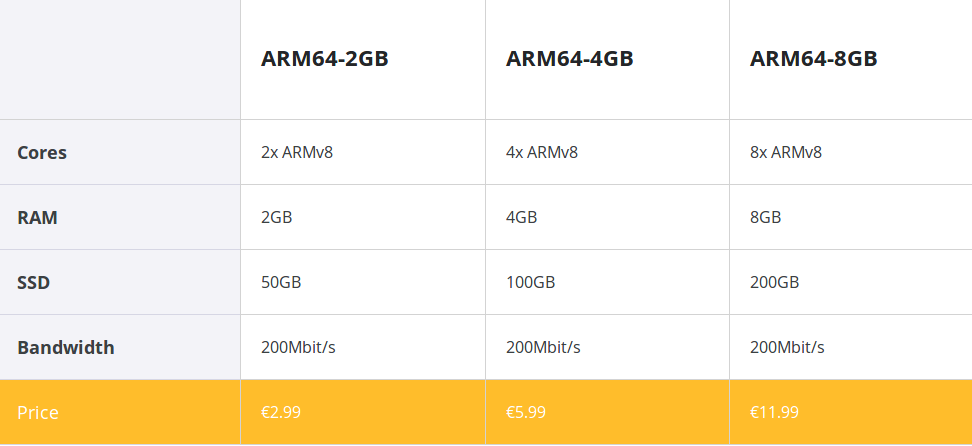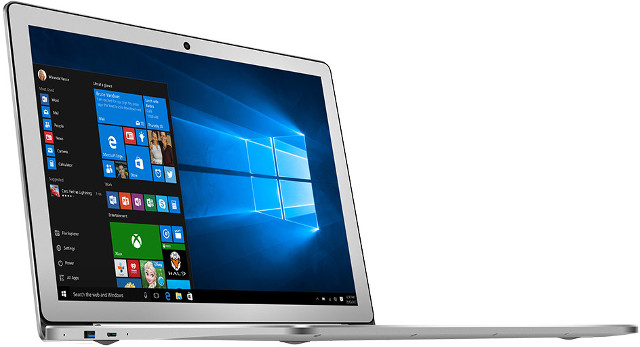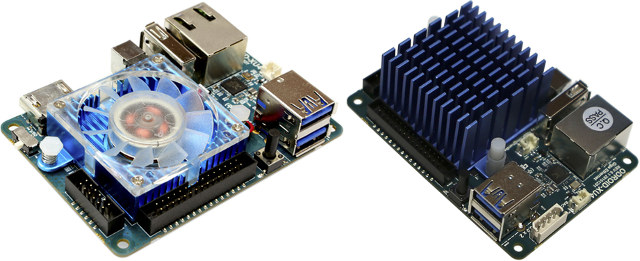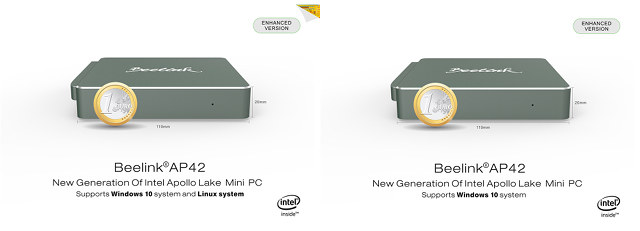The Eclipse foundation has recently done its IoT Developer Survey answered by 713 developers, where they asked IoT programming languages, cloud platforms, IoT operating systems, messaging protocols (MQTT, HTTP), IoT hardware architectures and more. The results have now been published. So let’s have a look at some of the slides, especially with regards to programming languages and operating systems bearing in mind that IoT is a general terms that may apply to sensors, gateways and the cloud, so the survey correctly separated languages for different segments of the IoT ecosystem. C and C++ are still the preferred languages for constrained devices, and developers are normally using more than one language as the total is well over 100%. IoT gateways are more powerful and resourceful (memory/storage) hardware, so it’s no surprise higher level languages like Java and Python join C and C++, with Java being the most used language with 40.8% […]
Helios4 Personal Cloud DIY NAS Supports 3.5″ Hard Drives, RAID, and More (Crowdfunding)
A few months ago, we covered GnuBee Personal Cloud 1, a NAS that runs on open source software, and that supports up to six 2.5″ SATA drives. The crowdfunding has been successful – after lowering the funding target -, and backers should hopefully get the NAS right after summer. But at the time, some people complained about the memory capacity (512MB), the lack of support for 3.5″ drives, and a few other items. A new project called “Helios4 Personal Cloud” addresses many of those concerns. It comes with 1 to 2GB RAM, enclosure supporting four 3.5″ drives, supports RAID, and is powered by Marvell ARMADA 388 processor that has been specifically designed for this type of application. Helios4 NAS specifications: SoC – Marvell ARMADA 388 dual core Cortex A9 processor @ up to 1.866 GHz with RAID5/6 acceleration engines, security acceleration engines, etc… System Memory – 1 or 2 GB […]
Packet 96-core Cavium ThunderX Baremetal ARMv8 Servers are Available for $0.50 per Hour, $372 per Month
Last week, I wrote about Scaleway ARMV8 cloud servers powered by Cavium ThunderX processors. They are very cheap, as low as 0.0006 Euros per hour or 2.99 Euros per month, but you only get access to 2 to 8 cores, so obviously you don’t get a baremetal server for that price. If you want the latter Packet.net has been offering just that since the end of last year with their Type 2A baremetal server with two Cavium ThunderX 48-core processors, 128 GB RAM, 384 GB SSD and 20 Gbps bandwidth. The servers can currently run Centos 7, CoreOS, Ubuntu 16.04 LTS, with support for container platforms such as CoreOS Tectonic, Rancher, Docker Cloud, ContainerShip, StackEngine, Docker Machine, etc… You can check the status for other operating systems and features and the roadmap page. They also have x86 servers, and I’ve included the hourly and monthly prices and features for all […]
SinoVoIP Releases $35 Banana Pi BPI-M2+ Board with Allwinner H2+ Processor
Banana Pi BPI M2+ board was first released with Allwinner H3 processor, but the same PCB can also be used with Allwinner H2+ and H5 processors since the processors are pin-to-pin compatible, and SinoVoIP intends to release three version of the board, and just launched BPI M2+ (aka BPI H2+) with Allwinner H2+ processor for $34.50 + shipping, $1.5 cheaper than the H3 version also listed on Aliexpress. If you shop around, and don’t order on the official SinoVoIP store, you may find cheaper price for the boards. As expected, the specifications have not changed apart from the processor: SoC – Allwinner H2+ quad core Cortex A7 @ 1.2 GHz with an ARM Mali-400MP2 GPU up to 600 MHz System Memory – 1GB DDR3 Storage – 8GB eMMC flash, micro SD card slot up to 64GB, Video & Audio Output – HDMI with CEC support Connectivity – Gigabit Ethernet, 802.11 […]
Cavium ThunderX based Scaleway ARMv8 Cloud Servers Go for 2.99 Euros per Month and Up
Scaleway launched 32-bit ARM server hosting services in 2015 for 10 Euros per month, before dropping the price to 2.99 Euros per month half-year later, and now the company has just launched a new offering with 64-bit ARM servers powered by Cavium ThunderX processor going for 2.99 to 11.99 Euros per month depending on configuration. The processors are equipped with DDR4 ECC memory, and all three services included unlimited transfer, so you don’t need to pay for any bandwidth fee. While the price is shown per month, you’ll be billed by the hour (0.006 Euro/h for ARM64-2GB), so if you are using those for development it may even cost less per month, as you can turn them off when not working. All server are located in a Paris data center in France, and runs Ubuntu 16.04, but more operating systems and “InstantApps” will be added to the selection. More servers […]
CHUWI Lapbook 12.3 is a Windows 10 / Ubuntu Apollo Lake Laptop with a 2K Display, 6GB RAM, Up to 256 GB SSD Storage
I’ve reviewed CHUWI LapBook 14.1 laptop earlier this year with an Intel Celeron N3450 Apollo Lake processor, 14.1″ Full HD display and 4GB RAM, and found it to work reasonably well for the price in Windows 10, as well as Ubuntu 17.04. The company has been working on another model called CHUWI LapBook 12.3 with the same processor, but a smaller yet higher resolution 12.3″ 2K display, more memory (6GB RAM), 64GB eMMC flash, and support for M.2 SSDs up to 256 GB. CHUWI LapBook 12.3 specifications with highlight in bold showing differences against LapBook 14.1 model: SoC – Intel Celeron N3450 quad core “Apollo Lake” processor @ 1.1 GHz / 2.2 GHz (Burst frequency) and 12 EU Intel HD graphics 500 @ 200 MHz / 700 MHz (Burst freq.); 6W TDP System Memory – 6GB DDR3 Storage – 64 GB eMMC flash + micro SD slot up to 128 […]
Hardkernel ODROID-XU4Q is a Fanless Version of ODROID-XU4 Exynos 5422 Development Board
[Update May 2018: You may be interested in ODROID-XU4Q review with Ubuntu 18.04] We had already seen ODROID-XU4 development board price drop to $59 earlier this year, but a frequent complain about the board remained: it requires a fan to operate at full speed, and makes noise while the fan turns. To address this issue, the company has now launched ODROID-XU4Q board with exactly the same specifications with Samsung Exynos 5422 octa-core processor, 2GB RAM, eMMC module support, Gigabit Ethernet, USB 3.0, HDMI 1.4 etc…, except the fan is replaced by a large heatsink. The company has also thoroughly tested both versions in different configurations such as setting the maximum frequency to 1.8 or 2.0 GHz, and found ODROID-XU4Q to be slightly slower under high load due to CPU throttling, as the large heatsink does not cool quite as well as the smaller heatsink in combination with a fan. However […]
Beelink AP42 Apollo Lake mini PC Linux Review with Ubuntu, KDE Neon, Elementary OS….
Beelink’s latest Intel mini PC offerings includes the AP34 and AP42 which are their first models using Intel Apollo Lake processors. The former uses an Intel Apollo Lake Celeron N3450 processor (burst frequency 2.2GHz, Intel HD Graphics 500 with Graphics Burst Frequency 700MHz and 12 Execution Units) while the latter uses the slightly more powerful Pentium N4200 (burst frequency 2.5GHz, Intel HD Graphics 505 with Graphics Burst Frequency 750MHz and 18 Execution Units). Both support Windows 10 (Home) and Beelink’s marketing claim they “support Linux system”. GearBest has given me the chance to review running Linux on the AP42 model so here are my findings. Normally I first make a disk image before booting Windows or installing Linux. However initial attempts at booting a Live USB with a variety of Linux systems failed so both the reseller and manufacturer were contacted for comment. Interestingly there was no immediate reply but early […]


